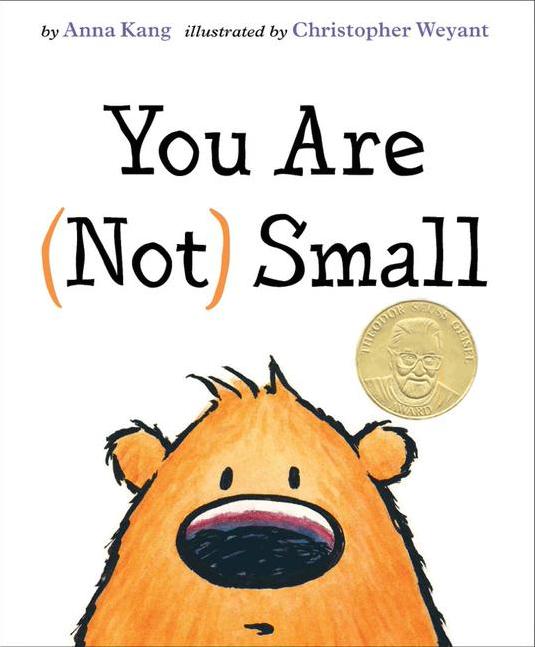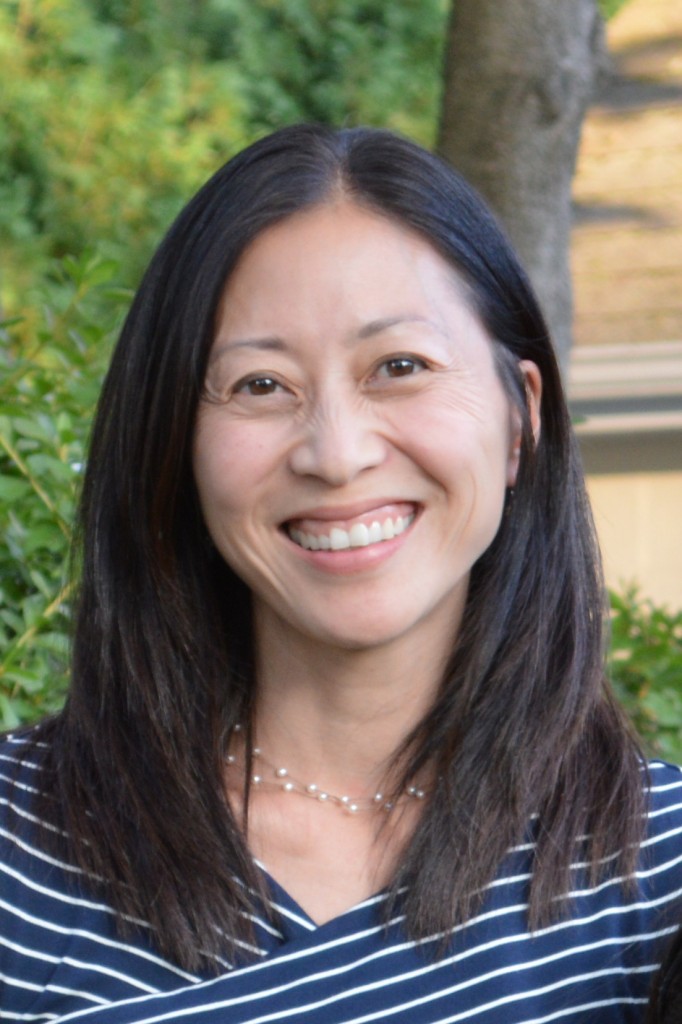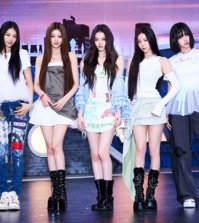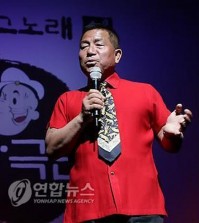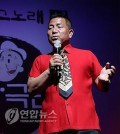- California Assembly OKs highest minimum wage in nation
- S. Korea unveils first graphic cigarette warnings
- US joins with South Korea, Japan in bid to deter North Korea
- LPGA golfer Chun In-gee finally back in action
- S. Korea won’t be top seed in final World Cup qualification round
- US men’s soccer misses 2nd straight Olympics
- US back on track in qualifying with 4-0 win over Guatemala
- High-intensity workout injuries spawn cottage industry
- CDC expands range of Zika mosquitoes into parts of Northeast
- Who knew? ‘The Walking Dead’ is helping families connect
‘You Are (Not) Small’ and neither is Anna Kang’s first children’s book
Korean American author talks about her award-winning book
inspired by her own experience growing up in Long Island
By Tae Hong
“I am not small,” a fuzzy bear-like creature says to a bigger critter in Anna Kang’s Theodore Seuss Giesel Award-winning children’s book, “You Are (Not) Small,” “You are big.”
“I am not big, see?” the critter replies, gesturing to a group of his like-sized friends. “They are just like me. You are small.”
It’s all about perspective, the creatures learn, as they begin a shouting match that ends with an even bigger surprise and the realization that everyone is a little different, and that’s OK.
Kang, 44, is a first-time children’s book author and a former screenwriter who joined hands with her husband, The New Yorker cartoonist Christopher Weyant, for the project.
Inspired by her own experience growing up in Long Island, teased and bullied for being Korean American, Kang (whose Korean name is Kang So-yeon) saw the book as a result of the lessons she learned as a kid.
That her family ate rice and kimchi for dinner, that her mother’s English wasn’t great, that her just-as-young classmates threw racial slurs — “chink,” “gook,” “yellow” — at she and her brother, added to the question in her mind: Is there something wrong with me because I’m different?
“You know, children, when they talk, they always say, ‘You’re this. You’re that.’ They label everybody,” she said. “When I was little, I always thought, it’s just not fair. It’s not that I’m yellow. My skin is skin color. It’s normal. I look like my parents, like my brother, like my relatives.”
As Kang began to visit South Korea during summers, it became clear to her that there was nothing “weird” about her. Everyone there, on television and billboards and in advertisements, looked like her.
Children in Korea would say that her schoolmates back in the U.S. were the weird ones, Kang said.
“As I became an adult, I started to realize that perspective is completely subjective, and that none of us were weird,” she said. “It took me a long time to realize that as a grown-up, but I really think [that thought] was shaped by me being Korean American.”
It’s the same message she wishes to impart onto her own daughters, five- and nine-year-olds, as well as all kids who read the book.
“[My daughters] are perfect the way they are. How they look, who they are, their skin, their eyes — everything about them is perfect,” Kang said. “Nobody can tell them any different.”
She said her daughters keep fresh her access points to how children see, think and feel about the world. You forget how you felt as a child when you grow up, she said.
And there’s help, too, in the form of her husband, with whom she plans to create more children’s books.
A sequel to “You Are (Not) Small,” titled “That’s (Not) Mine,” will come out in September this year. The couple has also signed for another two-book deal, slated for 2016 and 2017.
Then there’s the Korean edition of her book, which will be translated and published in South Korea — where, funnily enough, Kang’s first cousin Baek Heena (“Cloud Bread”) is a celebrated children’s book author — by Pulbit for release this year.
Kang studied film production at the University of Southern California. Afterward, she worked as a screenwriter and TV script coordinator in Hollywood, even directing her own short film, “Not Black or White,” which also dealt with perspective in the way of Asian American women in media.
Her interest in writing for children is a long-held one. She remembers her love of books and frequent visits to the library as a kid. Those memories fuel her equal love of writing for young people.
“It’s a great privilege if I, as a writer, can communicate and connect with a child based on something I wrote,” she said. “It’s hard being a child. Children go through a lot of feelings, and it can be very intense. If I can make them feel better through what I’ve written, or make them laugh, it’s a great thing.”







